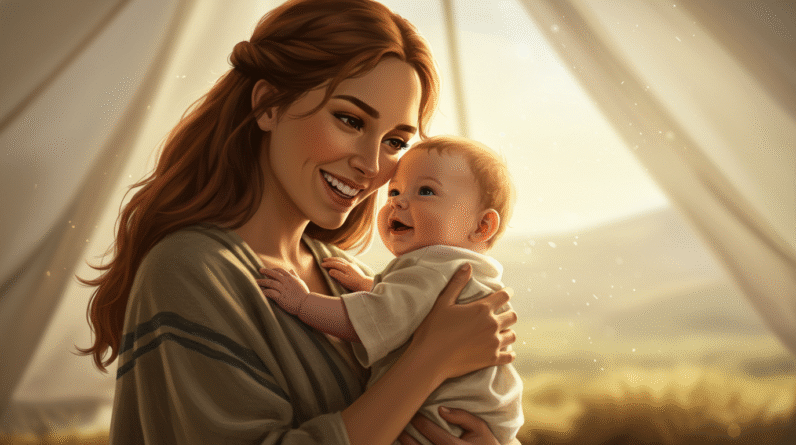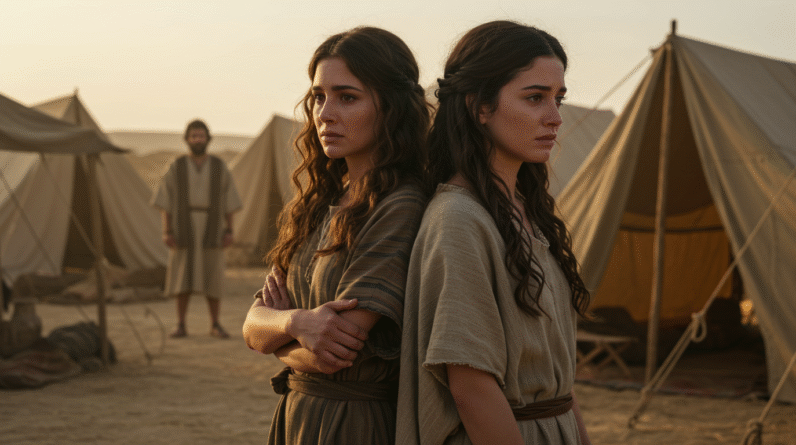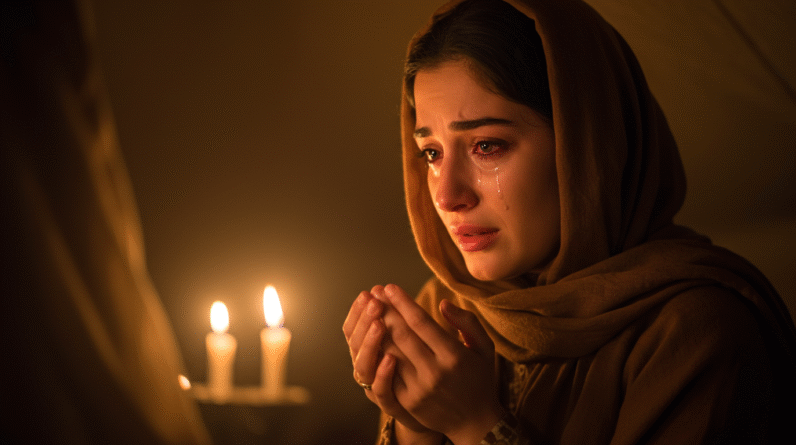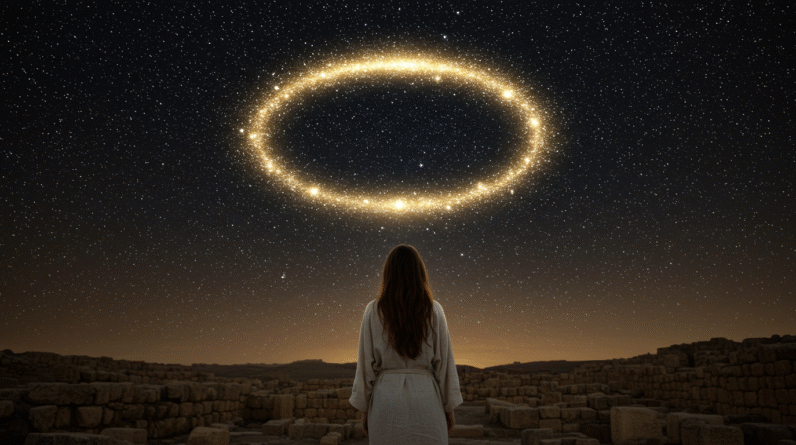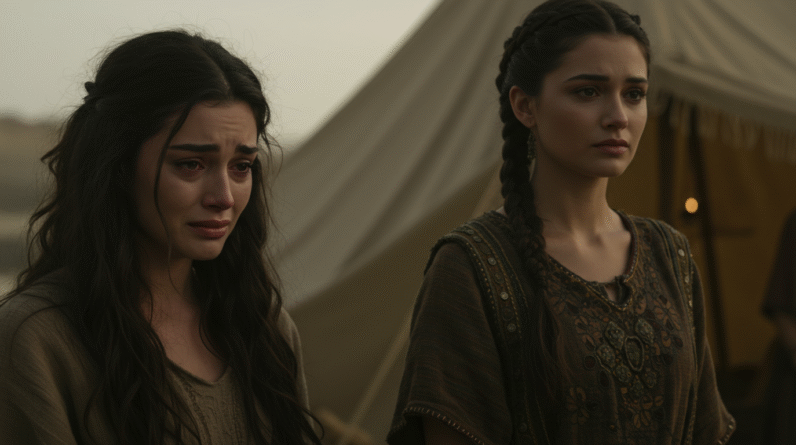Discover Rebekah’s story, Isaac’s wife and mother of Jacob and Esau. Explore her role in biblical history, faith, and family dynamics in Genesis.
Rebekah – Wife of Isaac, Mother of Jacob and Esau
Rebekah, a pivotal matriarch in the lineage of the Israelites, emerges from the pages of Genesis with grace, complexity, and a dynamic role in biblical history. Her story, nestled between the narratives of Abraham and Jacob, offers deep insights into familial relationships, faith, and divine purpose. From being chosen as Isaac’s bride in a distant land to being the mother of twins reflecting the unfolding destiny of nations, Rebekah’s journey echoes through time with lessons of loyalty, understanding, and sometimes, human frailty.
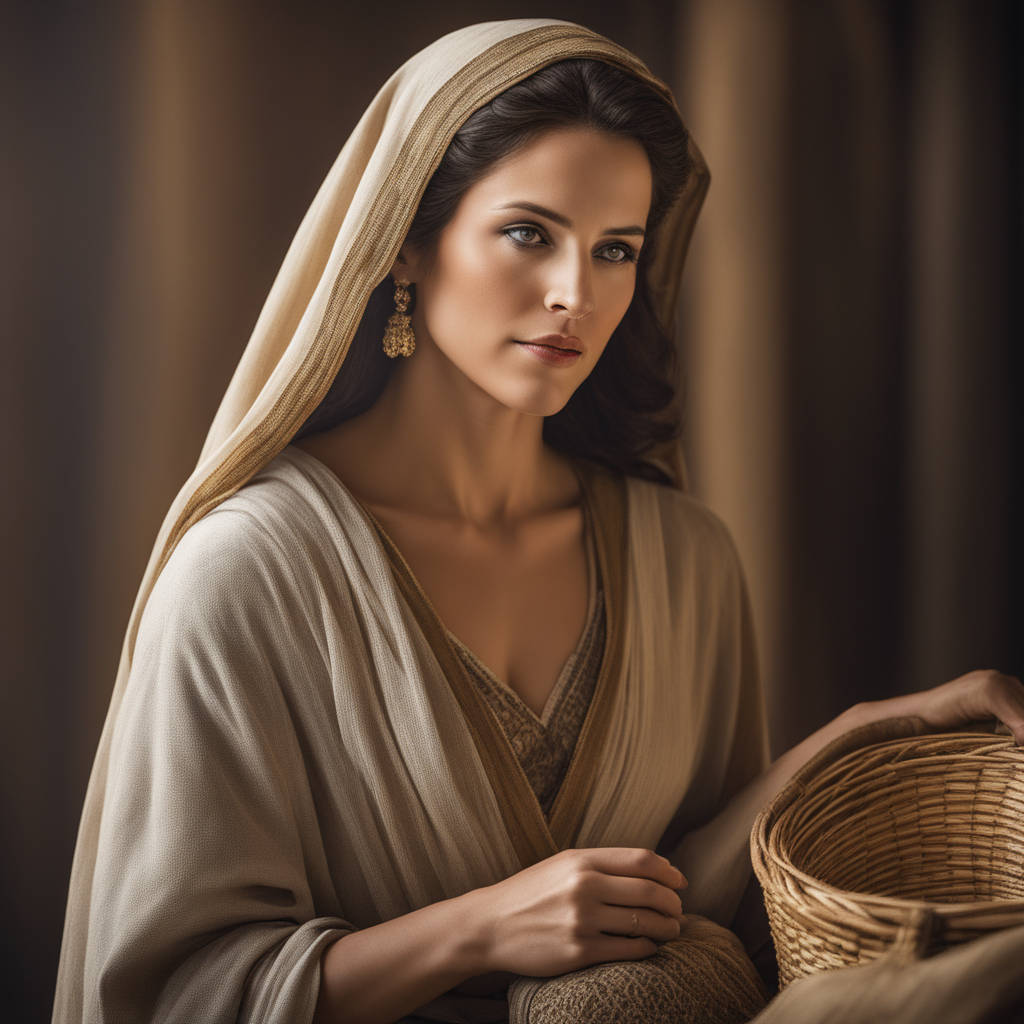
Her Story in the Bible
Rebekah’s introduction in Genesis is nothing short of serendipitous and divinely orchestrated. The narrative begins with Abraham, Isaac’s father, seeking a wife for his son, Isaac, not from the Canaanites among whom they dwelled, but from his own kin. Abraham sends his servant on a mission back to his homeland to find a suitable bride (Genesis 24:2-4). At a well in Nahor, the servant encounters Rebekah, whose act of hospitality—offering water to both him and his camels—marks her as the chosen one (Genesis 24:15-20).
The narrative soon propels her into a new life in Canaan as Isaac’s wife. Her transition from maiden to matriarch is swift, yet fraught with the trials of family and faith. Her most notable experiences unfold in the context of motherhood. Rebekah, like many women of significance in the Bible, struggles with barrenness until Isaac prays for her (Genesis 25:21), and she conceives twins—Esau and Jacob. A curious prophecy given to Rebekah before the birth of her children reveals that two nations are in her womb, and the older shall serve the younger (Genesis 25:23).
As her sons grow, Rebekah’s actions become more pronounced. Her favoritism towards Jacob, and her pivotal role in the deception of Isaac to secure Jacob’s blessing, highlight both her influence and the intense dynamics within the family. While we may question the ethical nuances of her decisions, Rebekah is driven by a vision of divine promise and a fierce protective instinct over Jacob (Genesis 27:5-17).
Lessons from Her Life
- Hospitality and Generosity: Rebekah’s story teaches us the importance of kindness to strangers. Her generosity at the well serves as a model of hospitality that transcends time and culture.
- The Influence of Faith: Rebekah’s life underscores the influence of prophecy and divine intervention. Her actions, while morally gray, are deeply rooted in her belief in the divine prophecy concerning her sons. It’s a reminder of the complex ways faith interacts with personal decision-making.
- The Role of Family: Family dynamics play an integral role throughout Rebekah’s story. Her favoritism toward Jacob, while resulting in familial tension, illustrates the deep love and protection she feels towards her son. This reminds us of the significant impact of parental influence and blessings.
Connection to Today’s World
In today’s fast-paced world filled with endless decisions and crossroad moments, Rebekah’s story resonates on multiple levels. Her narrative speaks to anyone who has ever been caught in the delicate dance between destiny and choice, between familial duty and personal belief. In particular, Rebekah’s life addresses the modern reality of family dynamics and the consequential nature of our decisions. Just as Rebekah found herself in situations requiring both swift action and deep moral questioning, we frequently face choices that demand both faith and wisdom.
Moreover, in an age of constant change and migration, her journey from Nahor to Canaan is emblematic of transitions that many experience today. Her leap from familiar roots to foreign ground is a testament to adaptability and trust, recounting themes of home, faith, and the new beginnings many are called to navigate.
Key Bible Verse
“Two nations are in your womb, and two peoples from within you will be separated; one people will be stronger than the other, and the older will serve the younger” (Genesis 25:23).
This verse encapsulates the complexity and depth of Rebekah’s journey. Not only does it foretell the significant impact her sons will have on history, but it also highlights the nuanced role she plays in heralding divine will within her family.
Thought-Provoking Question
In your own life, when you feel the tension between personal desires and moral choices, how do you discern the path aligned with your faith and divine purpose?
Reflecting on Rebekah’s life offers profound insights into the intersection of faith and action, and serves as a guide for navigating the complexities of modern living.


